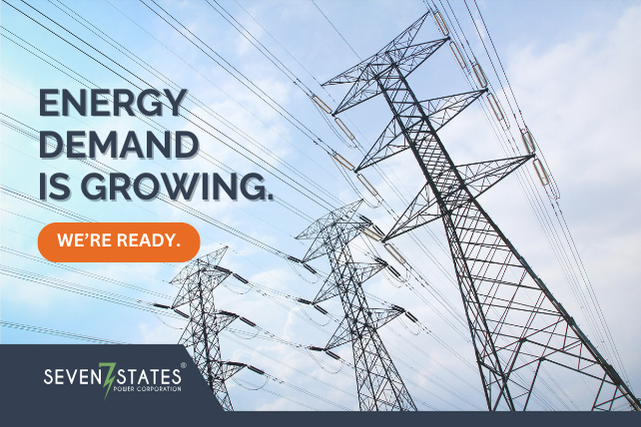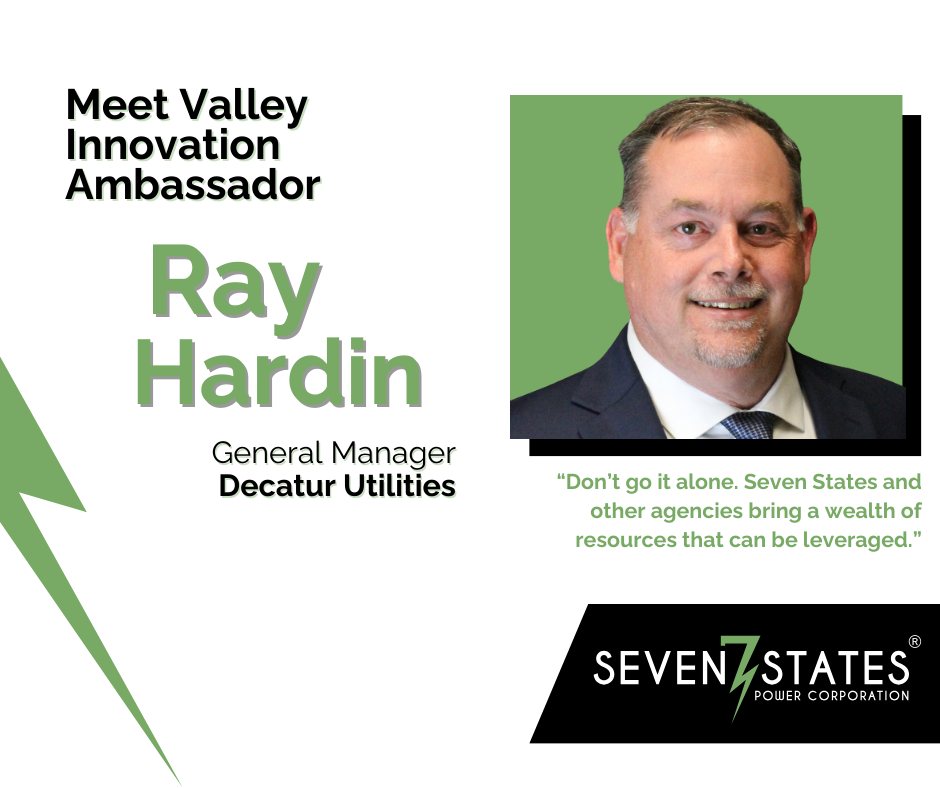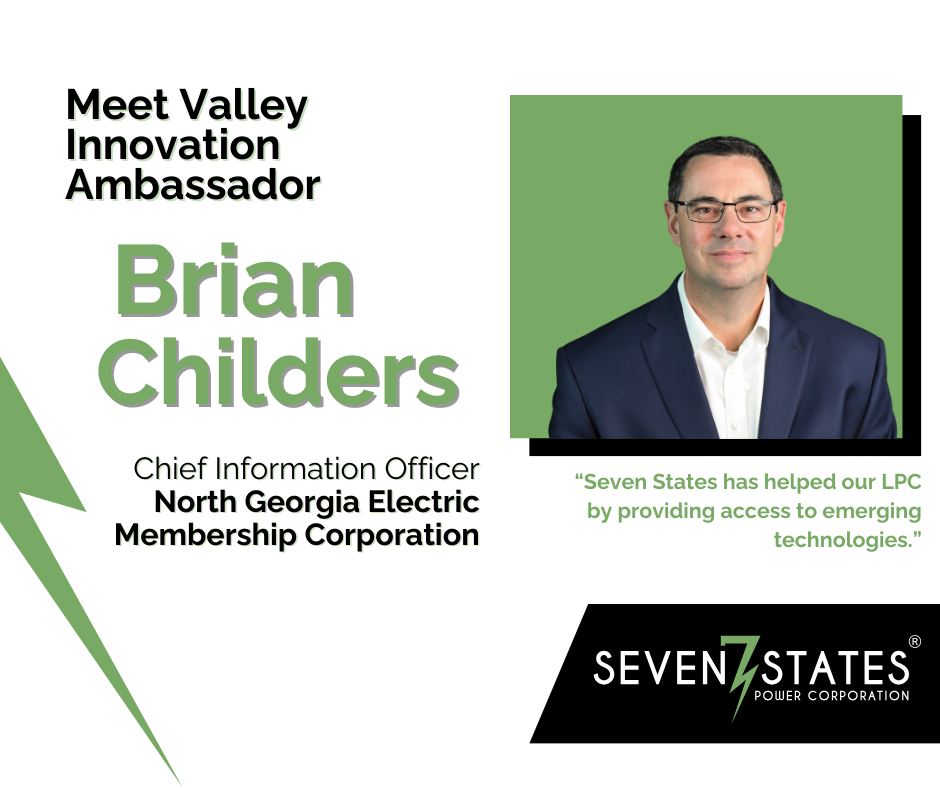
For more than 15 years, Seven States has been immersed in the emerging needs of the energy industry and the evolving supply of energy to the region. Seven States was created in partnership with TVA and more than 150 local power companies to finance utility-scale generation assets. In the early years, Seven States and TVA jointly owned an 800MW combined cycle plant in Southaven, Mississippi. More recently, Seven States was proud to announce that it had been awarded a $439,000,000 investment from the U.S. Department of Agriculture’s New ERA program to build 250MW of low-cost energy using a zero-interest loan.
The shovel-ready project will bring online 250MW and help ease the State of Energy Emergency. The solar plant, owned and operated by Seven States, will deliver energy across the region to TN, AL, GA, MS, KY, NC, VA, and will power approximately 113,000 homes while creating over 100 construction jobs. The project continues to garner support from local, state and federal officials and is part of an “all of the above” approach to deliver power to consumers. This federal funding will provide our region with much-needed low-cost energy used by residents and businesses throughout the Valley.
The Seven States team has been hard at work with our local power company member-owners to develop energy supply strategies that reach beyond this one project. This highlights our dedication to bring multiple energy sources to the grid. Over the years, our work has expanded beyond utility-scale generation to include distribution-scale technologies. We are enhancing reliability through the installation of battery storage units at regional locations such as the U.S. Space & Rocket Center in Huntsville, Alabama, and Montgomery Bell State Park in Burns, Tennessee.
Seven States, a G&T cooperative, was created out of the need for innovative solutions. The awarded project is just one example of the innovative thinking and decisive action necessary to tackle the energy challenges of our time. We understand that economic development and job creation stop without power supply. Together with our public power model stakeholders, we intend to “ready the region” and respond to the increase in demand with additional power supply. An opportunity of this magnitude will drive our ability to attract and retain innovative businesses to the region and be a flagship model to the rest of the nation. This opportunity is significant for the region and we encourage you to learn more about the project here.
We want to thank the Seven States Board of Directors and our partners for leading boldly to advocate for the USDA funding to supply much needed low-cost energy to consumers across the region. Your support demonstrates how everyone wins when we take innovative action to deliver power to those we serve.




